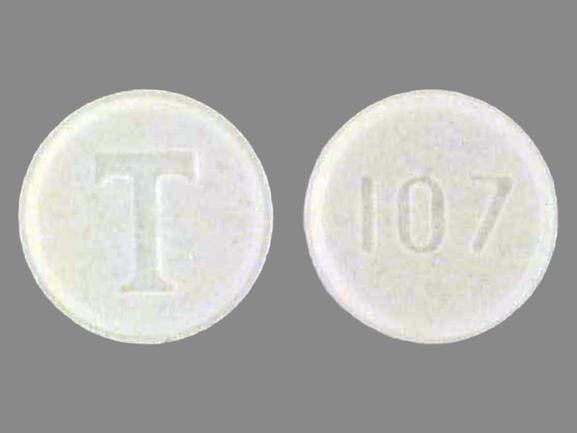Tenormin Interactions
There are 477 drugs known to interact with Tenormin (atenolol), along with 18 disease interactions, and 4 alcohol/food interactions. Of the total drug interactions, 27 are major, 420 are moderate, and 30 are minor.
- View all 477 medications that may interact with Tenormin
- View Tenormin alcohol/food interactions (4)
- View Tenormin disease interactions (18)
Most frequently checked interactions
View interaction reports for Tenormin (atenolol) and the medicines listed below.
- albuterol
- amlodipine
- aspirin
- Aspirin Low Strength (aspirin)
- Crestor (rosuvastatin)
- Cymbalta (duloxetine)
- gabapentin
- hydrochlorothiazide
- Lasix (furosemide)
- levothyroxine
- Lipitor (atorvastatin)
- lisinopril
- metformin
- Neurontin (gabapentin)
- Nexium (esomeprazole)
- Norvasc (amlodipine)
- omeprazole
- Plavix (clopidogrel)
- prednisone
- Prilosec (omeprazole)
- Singulair (montelukast)
- Synthroid (levothyroxine)
- Tylenol (acetaminophen)
- Vitamin B12 (cyanocobalamin)
- Vitamin C (ascorbic acid)
- Vitamin D3 (cholecalciferol)
- Xanax (alprazolam)
- Zocor (simvastatin)
- Zoloft (sertraline)
- Zyrtec (cetirizine)
Tenormin alcohol/food interactions
There are 4 alcohol/food interactions with Tenormin (atenolol).
Tenormin disease interactions
There are 18 disease interactions with Tenormin (atenolol) which include:
- hemodialysis
- renal dysfunction
- bradyarrhythmia/AV block
- cardiogenic shock/hypotension
- CHF
- diabetes
- hypersensitivity
- ischemic heart disease
- PVD
- cerebrovascular insufficiency
- glaucoma
- hyperlipidemia
- hyperthyroidism
- myasthenia gravis
- pheochromocytoma
- psoriasis
- tachycardia
- asthma/COPD
More about Tenormin (atenolol)
- Tenormin consumer information
- Compare alternatives
- Pricing & coupons
- Reviews (26)
- Drug images
- Latest FDA alerts (1)
- Side effects
- Dosage information
- During pregnancy
- Generic availability
- Drug class: cardioselective beta blockers
- Breastfeeding
- En español
Related treatment guides
Drug Interaction Classification
| Highly clinically significant. Avoid combinations; the risk of the interaction outweighs the benefit. | |
| Moderately clinically significant. Usually avoid combinations; use it only under special circumstances. | |
| Minimally clinically significant. Minimize risk; assess risk and consider an alternative drug, take steps to circumvent the interaction risk and/or institute a monitoring plan. | |
| No interaction information available. |
See also:
Further information
Always consult your healthcare provider to ensure the information displayed on this page applies to your personal circumstances.


